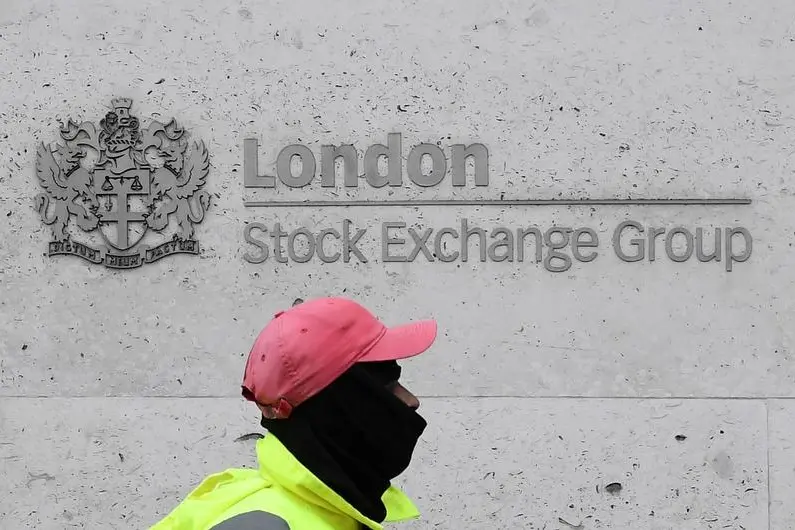PHOTO
LONDON- British money managers representing over a trillion pounds of assets say the UK government's bid to overhaul its equity- listing regime to attract more companies to London could leave investors too vulnerable.
A review commissioned by UK finance minister Rishi Sunak and led by former EU Commissioner Jonathan Hill is seeking to change how companies that want to list on the London Stock Exchange are assessed.
Its recommendations include watering down some governance requirements to make London more attractive, especially to tech and fast-growth firms.
On Tuesday, Clare Cole, director of market oversight at the Financial Conduct Authority, the UK regulator, described one of the recommendations -- on so-called dual class shares -- as "controversial".
The regulator would take time to sound out all sides of the market before making proposals to change rules, Cole added.
Major British investors -- including Jupiter Fund Management JUP.L , Legal & General Investment Management the country's biggest asset manager, and Aberdeen Standard Investments-- have all opposed the plans to varying degrees.
"The idea seems to be to get all these new types of companies listing in London and make it a much sexier index, instead of being stuck with all these oil and gas names," said Richard Buxton, head of strategy at Jupiter. "But this can end badly. I'd rather that London distinguished itself by not joining the race to the bottom."
Most contentious of the Hill review recommendations is that companies with unequal voting rights be allowed to join the London Stock Exchange with a "premium" listing, which would grant them access to the multi-trillion-dollar FTSE indices.
As of now, such companies are only allowed a "standard" listing.
The Hut Group and Deliveroo have made such listings, their dual-class share structures attracting some criticism.
Hill and others argue entrepreneur-led firms would go to other, more flexible venues such as New York or Amsterdam rather than compromise to stay in London.
Many investors, though, argue either that existing rules would suffice or that the proposed changes would not make a big difference.
"The argument people try and use about people like me is 'you're going to stop growth and innovation'," said Sacha Sadan, director of investment stewardship at Legal & General Investment Management.
"Of course not; we really want it, but ... do you really think Silicon Valley stocks are coming here just because you change one rule I wish that was so easy."
Sadan said LGIM had instead made seven recommendations to the FCA to help attract more growth companies.
However, Peter Harrison, the chief executive of Schroders, Britain's biggest standalone listed asset manager, came out in support of the Hill review reforms.
"I have become increasingly concerned that without reform, London faces slow decline at a time when Amsterdam and other markets are in the ascendancy," he said in a note.
British investors have been bitten in the past by governance failures for companies such as Bumi and Eurasian Natural Resources Corporation.
"Investors here seem to have a longer memory than in the U.S.," said one investment banker who manages European IPOs, and asked to remain unnamed. "While I hope the changes go through ... I can't blame them for being cautious."
(Reporting by Abhinav Ramnarayan, editing by Larry King) ((Abhinav.Ramnarayan@thomsonreuters.com; 0044 751 745 1044; Reuters Messaging: Twitter: @abhinavvr))





















